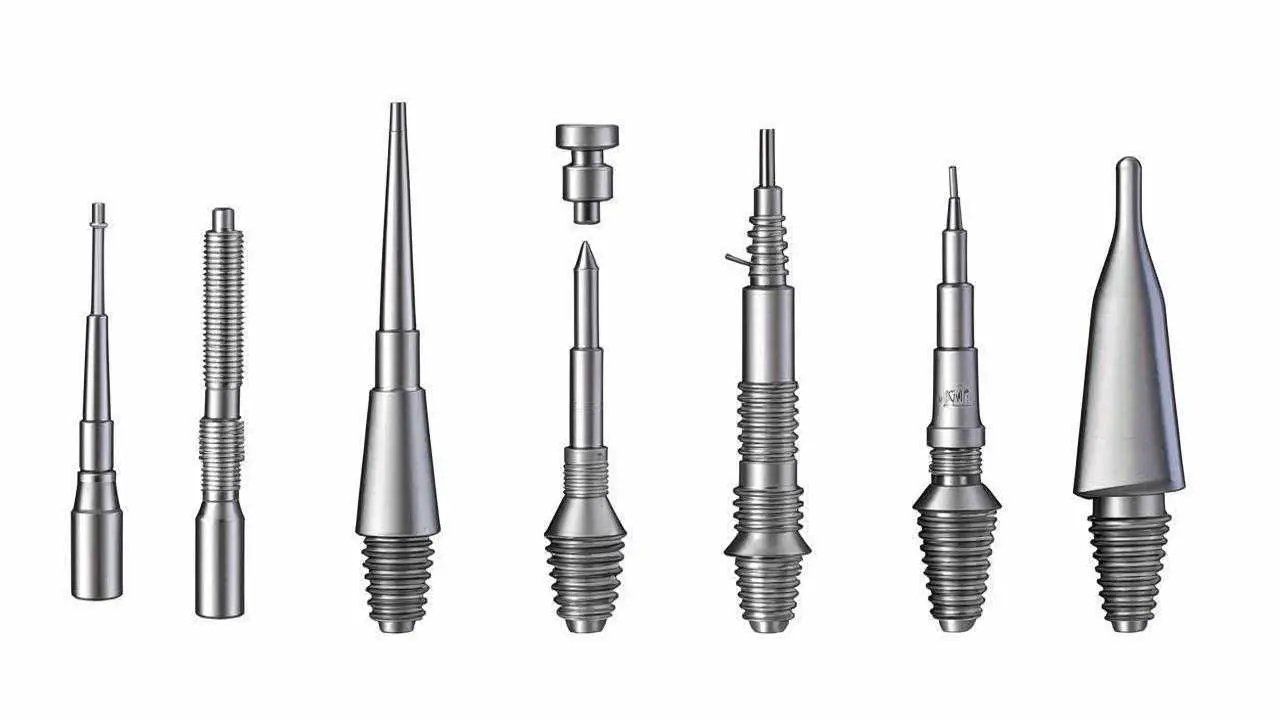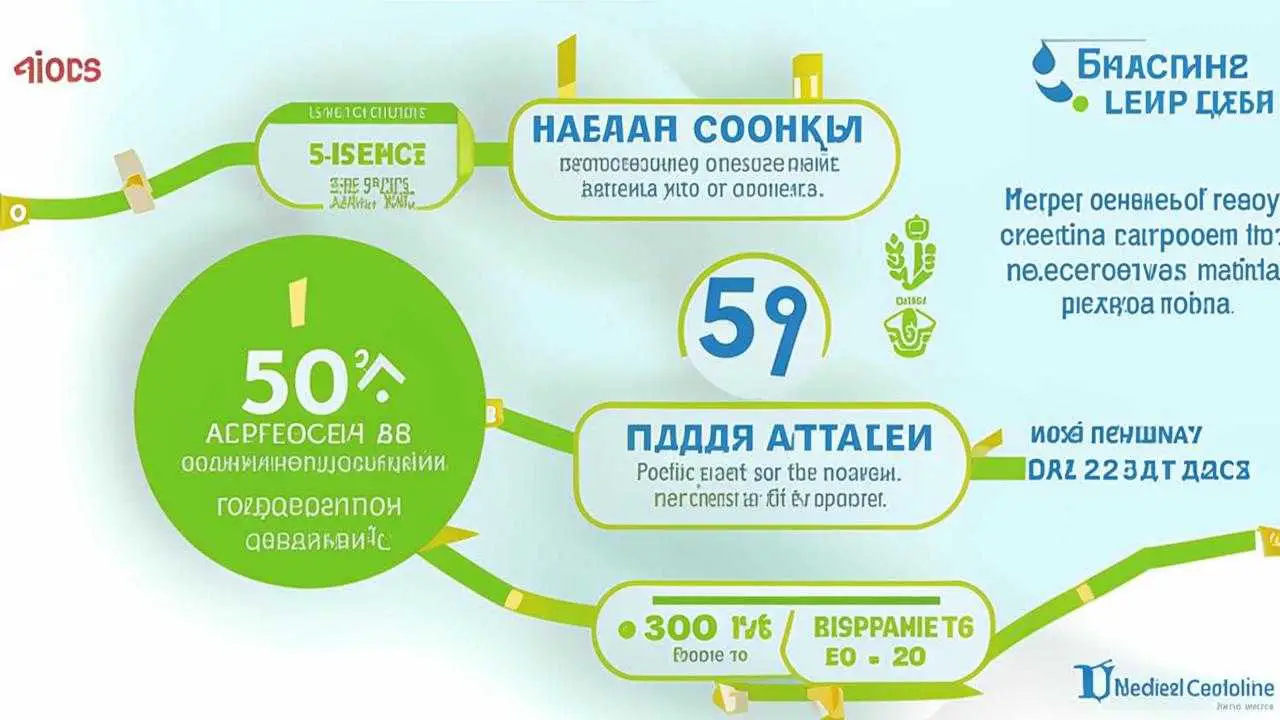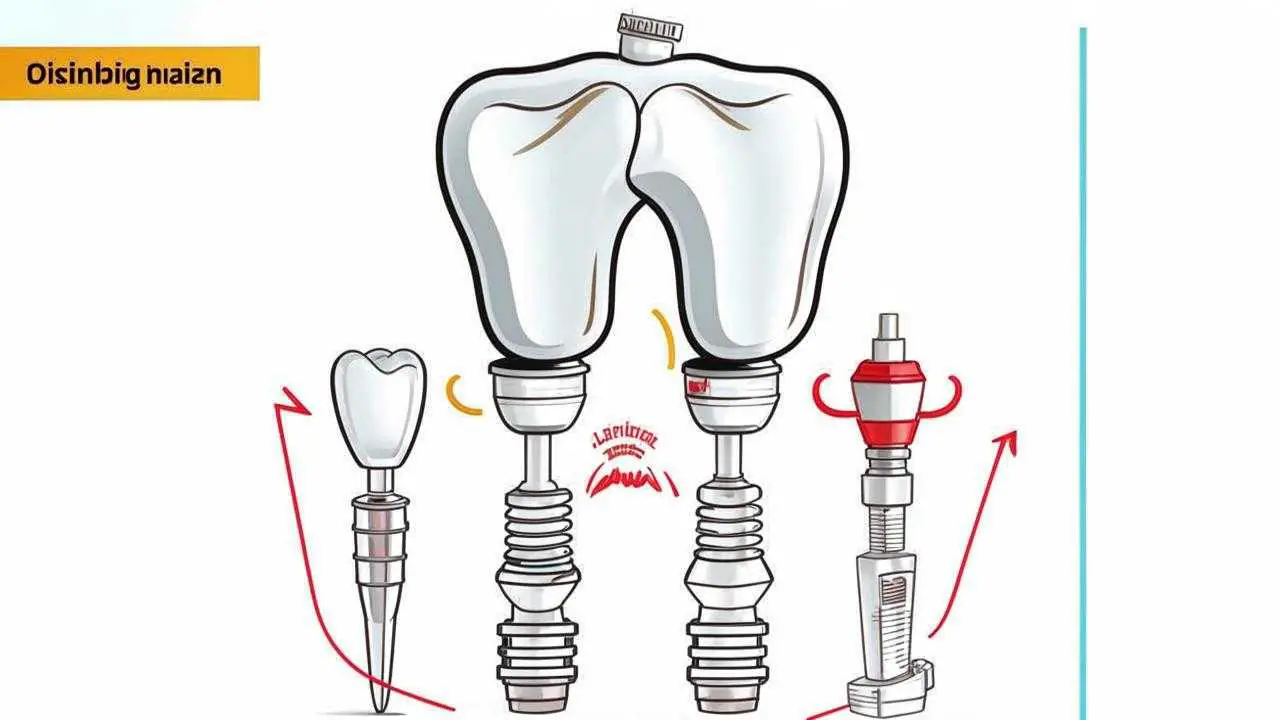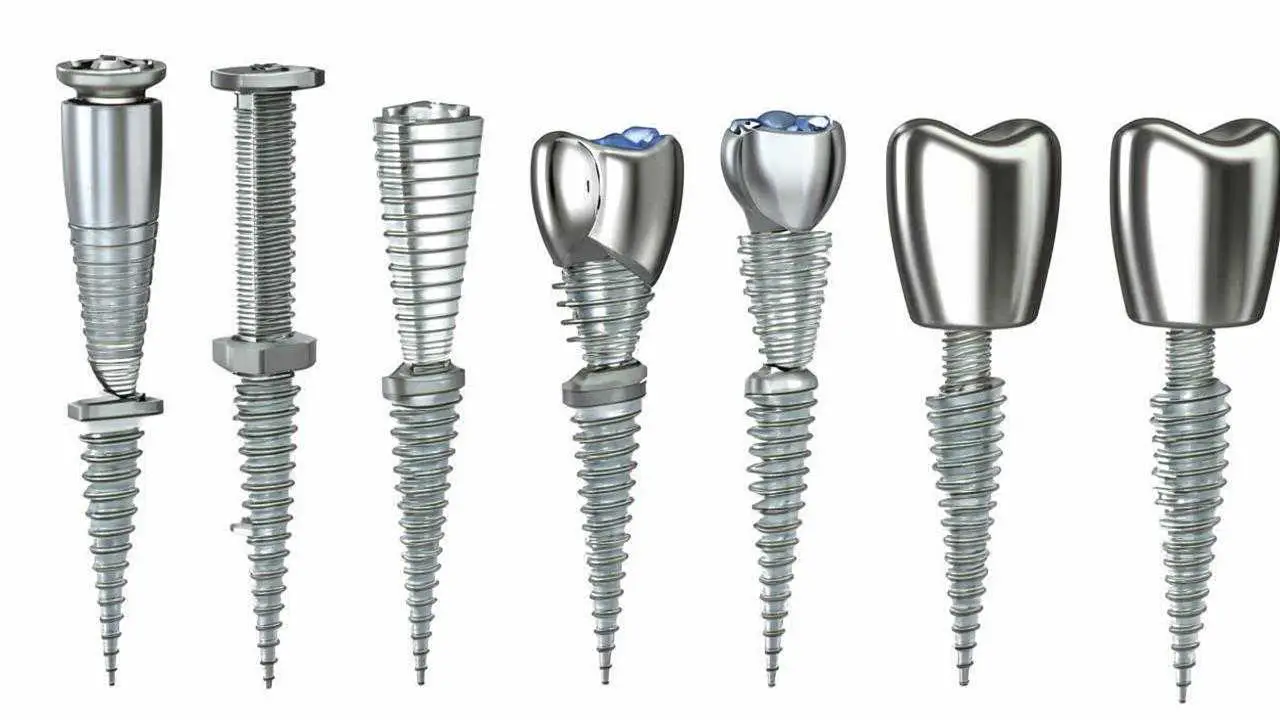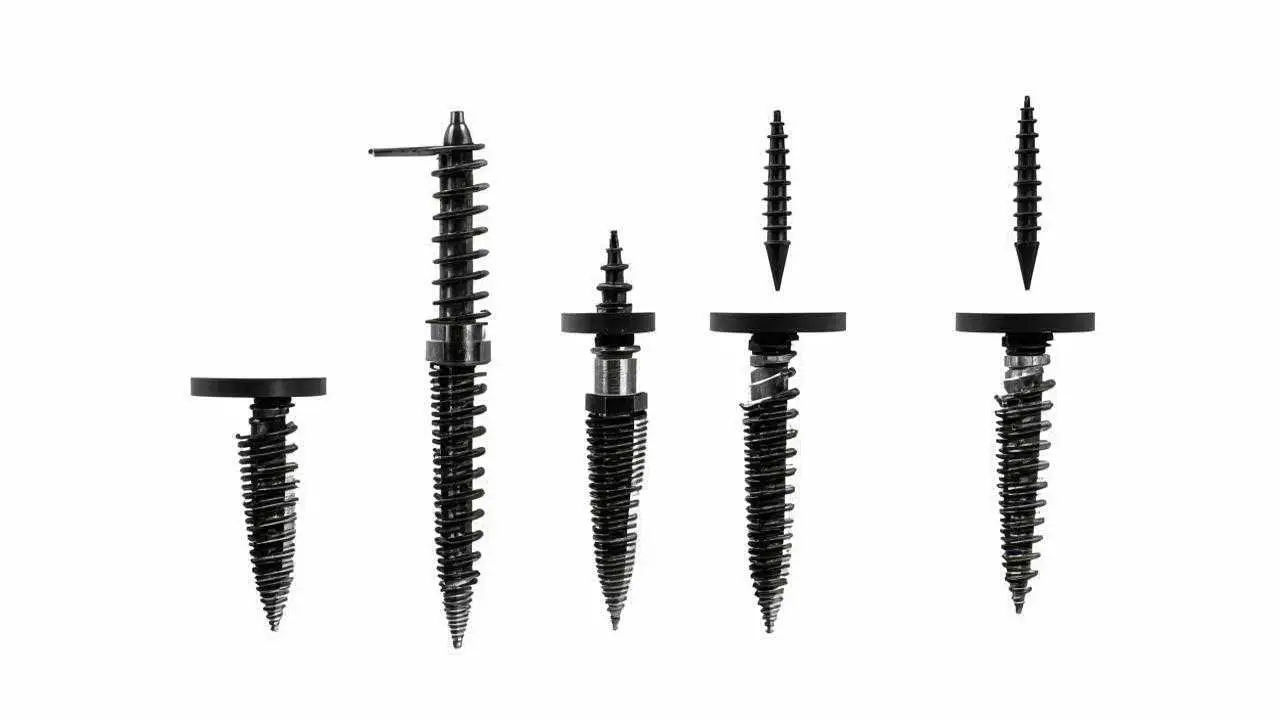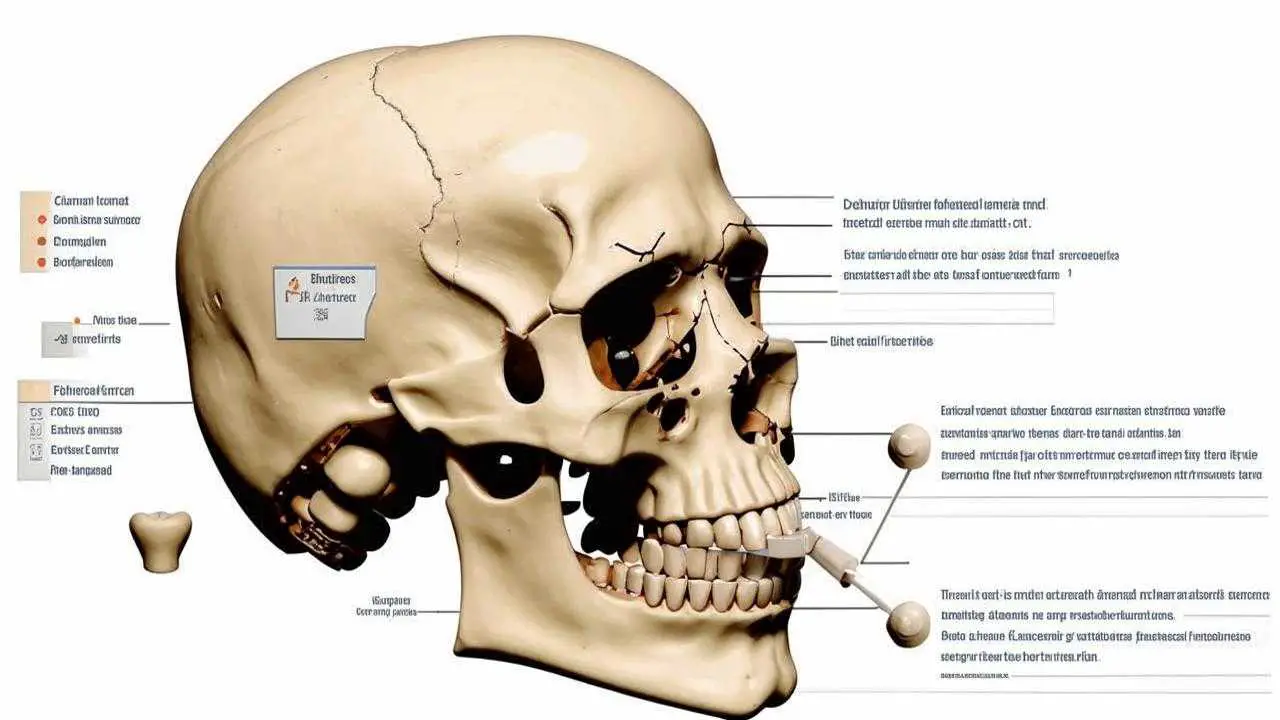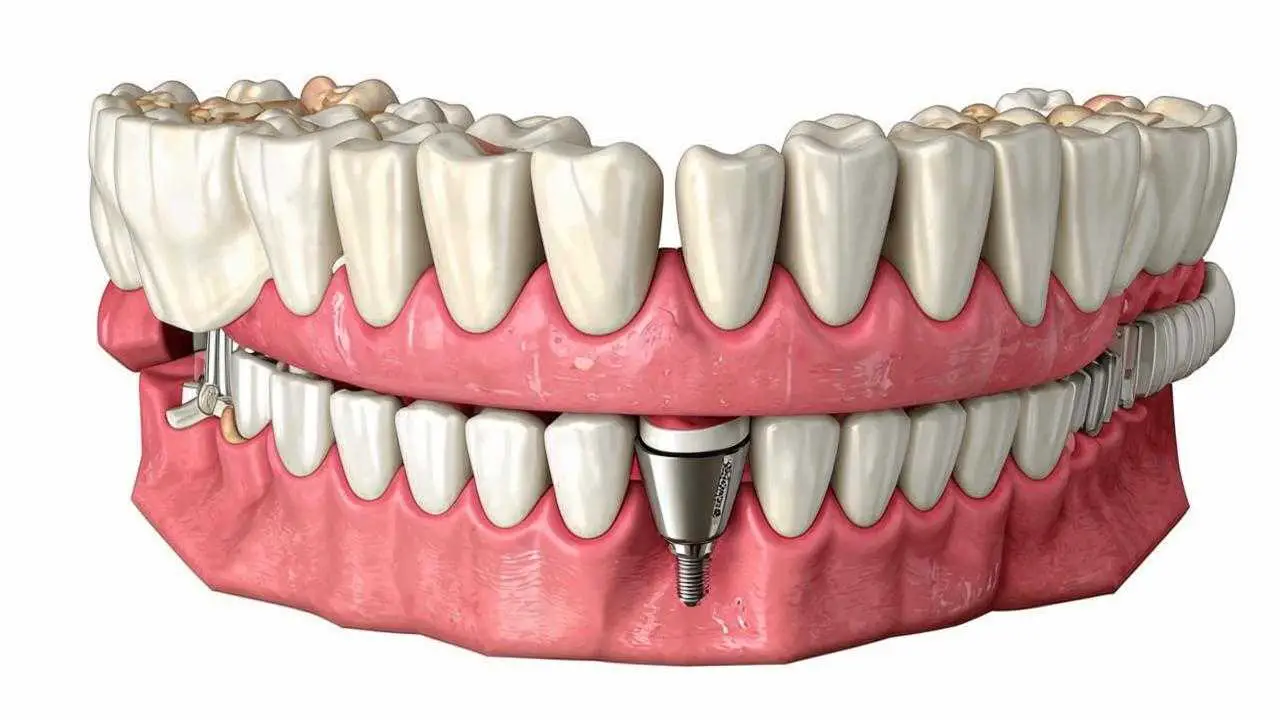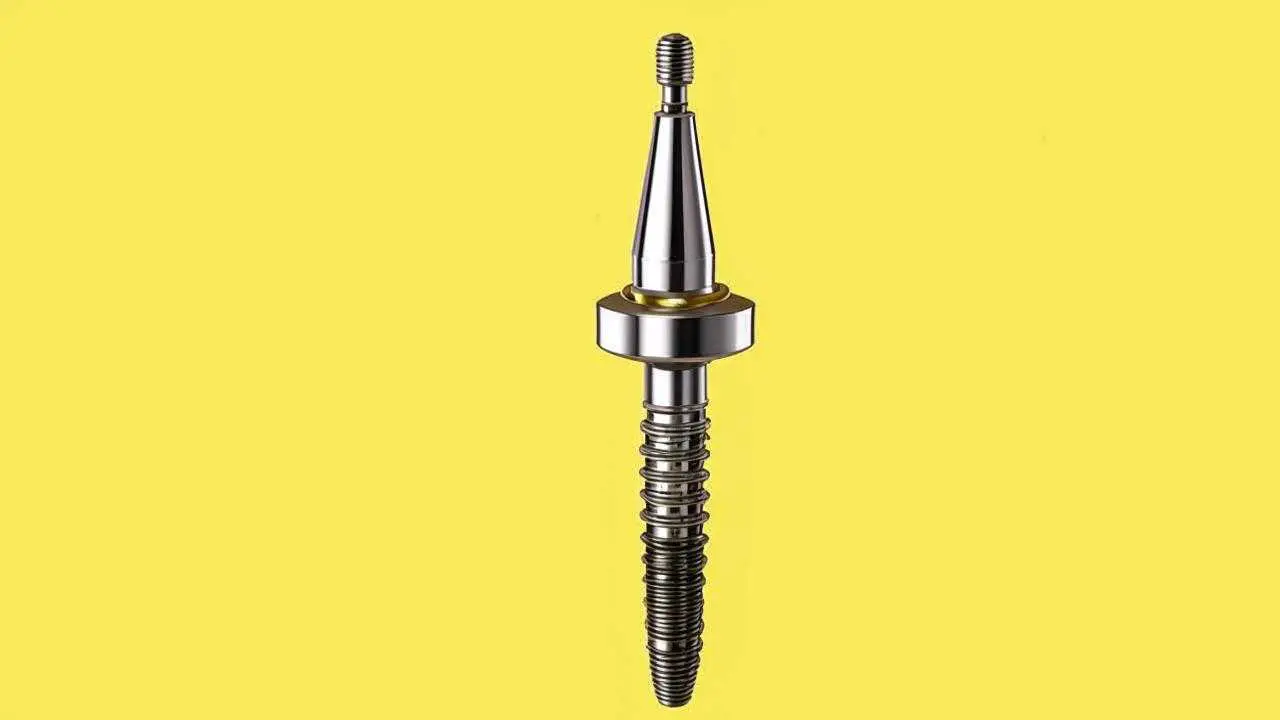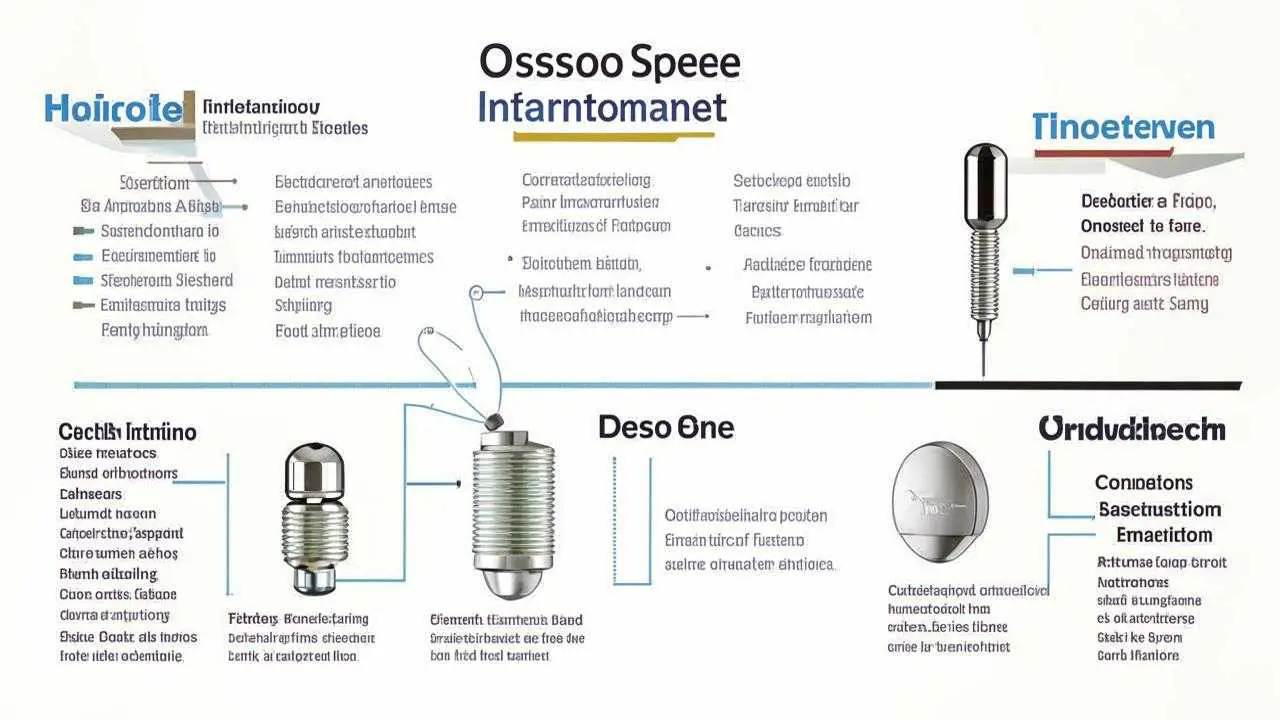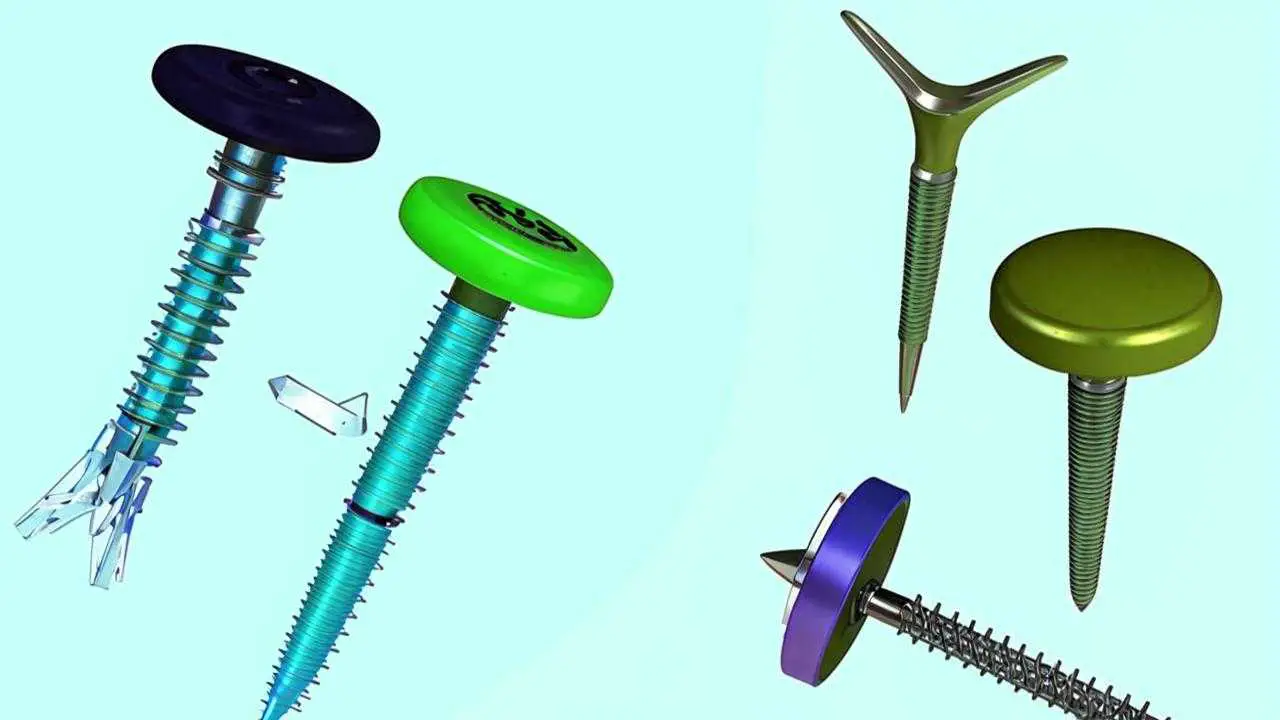Implants were introduced in Sweden in 1952. A Swedish scientist, Per-Ingvar Branemark, discovered the phenomenon of osseointegration and applied it to dentistry. He discovered that a titanium post overgrows bone tissue in such a way that it is very difficult to remove it. Based on this property of bone tissue, Nobel Biocare developed the first implants from Sweden.
Nobel Biocare remains the leader in global implant production, but it is quickly being overtaken by another Swedish company, Astra Tech Implant System, which is part of the international corporation Dentsply Sirona.
Swedish dental implants: features
All products of Swedish manufacturers are based on scientific developments. Corporations that produce them are not only factories and plants, but also scientific laboratories and educational sites. Companies pay for long-term and short-term research on graftability, scientific data are published in specialized journals.
Swedish companies have hundreds of patents related to the production of implants, all the time improving both individual parts and the design of pins.
Nobel Biocare
The company has developed a special coating for its products – TiUnit surface. The rough surface is coated with a layer of titanium oxide with a high phosphorus content. This combination accelerates engraftment in thin and friable bone.
The model line offers implants for the classic two-stage and one-stage protocol. Nobel systems include series:
Ideal for immediate post-removal implantation and immediate loading. The implant body is designed to stabilize the post immediately after implantation and stimulate soft tissue regeneration.
- Parallel Conical Connection
Good grafting in low-density bone. It is used for frontal, lateral and full adentia teeth.
- Replace Conical Connection
The post is anatomically close to the natural root. The cone-shaped head provides a tight seal. Suitable for any type of loading, including immediate loading.
Easy to work with the 4 implant system. Grooved surface increases stability. Use in immediate loading protocols.
Specially designed for complete fixed prosthetics. Used in the All-on-4 protocol.
Super long implants, placed in the zygomatic bone where density is higher. An alternative to osteoplasty for large bone loss.
The most well-known and well-studied implants. The hexagonal connection allows for a variety of prosthetic options.
In 2021, the company introduced a new product: the N1 system. It is used in immediate loading protocols. The unusual head of the post reduces pressure on deep, cortical bone and eliminates the possibility of microfractures during abutment placement.
Astra Tech
The OsseoSpeed series of implants derives its name from the patented surface treatment used in them. High graftability is ensured by the application of titanium dioxide and fluoride ions. The surface is then etched with hydrofluoric acid.
The negatively charged ions of the OsseoSpeed surface attract positively charged calcium phosphate ions from the surrounding bone tissue. This increases bone density and stimulates the formation of new cells, osteoblasts.
The OsseoSpeed series includes 2 implant options:
- TX for most clinical cases
- TX Profile for jaws with a sloping alveolar ridge.
Other features of AstraTech include the MicroTread microthread. It distributes the pressure evenly on the bone due to its narrow pitch. And the tapered connection between post and abutment prevents infections.
Nobel Biocare supplies premium implants to the market, while AstraTech products are more affordable. This allows more patients to use Swedish dental implants.
Which implants to choose
Dental implant products are supplied by companies from all over the world. It is quite difficult to choose a manufacturer, but it is worth remembering that:
- In conditions of fierce competition, all manufacturers strive to produce high quality products. Now all major brands from Israel, South Korea, not to mention German or Swiss implants, give a lifetime warranty on their products.
- Products presented on the Russian market necessarily undergo international certification.
- The level of engraftment in products of well-known brands from Germany, Israel, South Korea, is not lower than 97%.
What are the differences
Implants from Sweden appeared on the market first. A lot of scientific data has been collected on their osseointegration and long-term prognosis. They are suitable for all implant protocols and clinical cases.
Products from Germany are traditionally known for their quality. At the same time, the cost of the products is lower. But they also have fewer options for implant placement. The difference between Swedish and German implants is that the number of problems that can be solved with German products is smaller. In complex clinical cases, severe tissue atrophy, for example, one has to resort to products from Sweden or Switzerland. Only there are zygomatic (zygomatic) and pterygoid (wing-shaped) posts manufactured.
Products from South Korea are not suitable for all protocols, they have a rather large list of contraindications. Pleased with the cost and high engraftability, patented surface, lifetime warranty. However, only the implantologist sees the whole picture, he should choose Korean or Swedish implants based on the specific clinical case.
Swiss implants come closest to Swedish implants in terms of quality, research and product variety. Whichever brand you take, they have solutions for protocols:
- immediate loading;
- transgingival implantation;
- delayed loading;
- full jaw restoration;
- cortical implantation.
Such brands as Straumann, Roott, SGS occupy the top positions in the world ranking of implants.
The success of tooth implant engraftment depends on the quality of the post, prosthetic options, the skill of the implantologist and the equipment of the clinic. Only a combination of factors guarantees a positive long-term prognosis.
